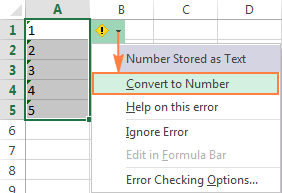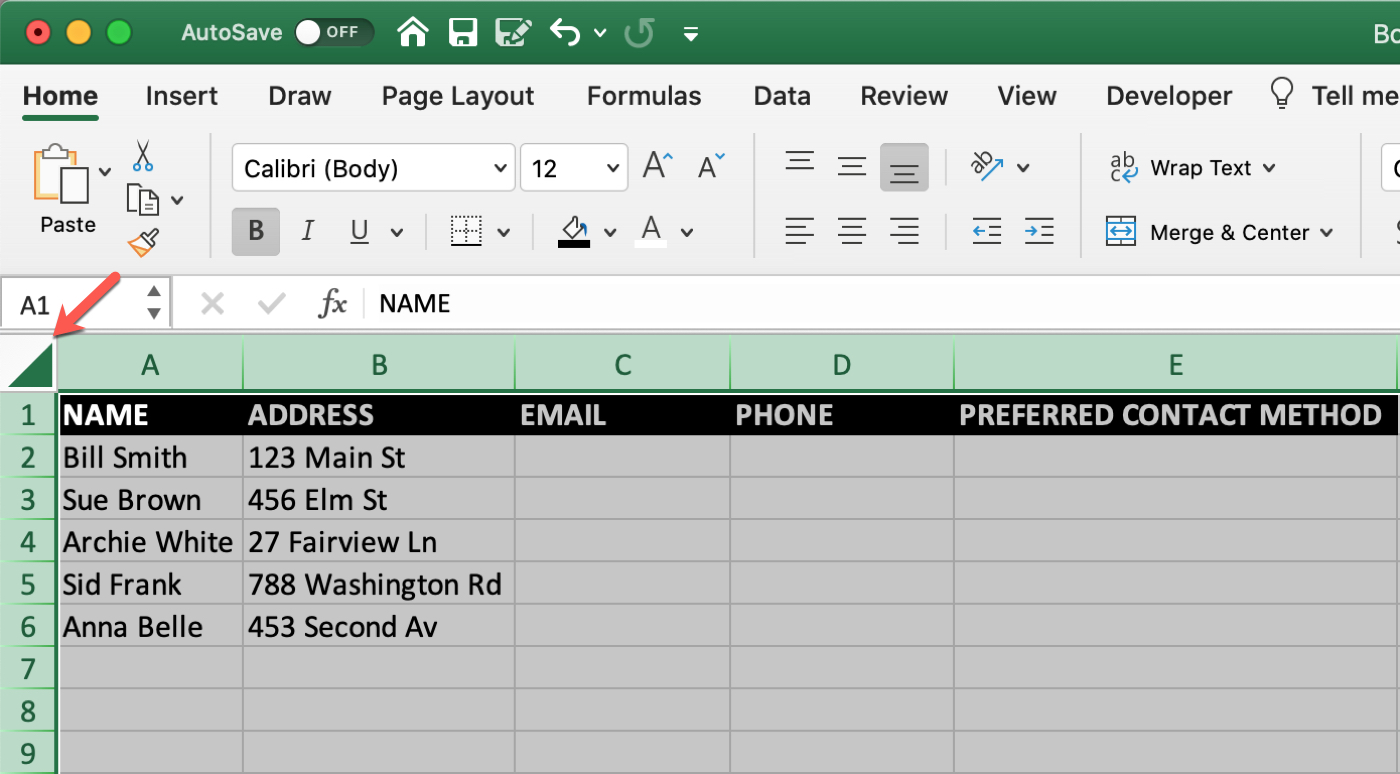

EXCEL FOR MAC FORMULAS NOT UPDATING CODE
Excel cannot examine the VBA code within the UDF and identify other cells that may influence the function's output.

With a UDF, the only references in the workbook of which Excel's calculation engine is aware are those identified in the function's inputs. This method avoids the much lengthier process of needlessly performing many calculations across the entire workbook only to come up with the same result for the vast majority of them. Instead it only updates those cells which contain formulas that refer to the most recently modified cell. When Excel performs an automatic recalculation, it does not recalculate every single formula in the workbook. Why Doesn't Excel Always Recalculate My UDF? This setting remains in effect until Excel is restarted. This causes Excel to always recalculate all formulas, regardless of whether it believes recalculation is required. Place the following code in your Workbook's Open event: ActiveWorkbook.ForceFullCalculation = True Simply entering the cell then pressing Enter without making changes should be sufficient to trigger an update.Ĭreate macro button that runs the following line of code: Application.CalculateFull The net result will be that Excel will deem the cell containing the reference to your UDF as needing to be recaculated every time the worksheet is changed because it references a volatile function.Įdit the cell containing the UDF. Then edit the cell referencing your UDF to pass the result of a volatile function such as Now() to the UDF: =MyFunction(A2,Now()) Do this by modifying the definition of your VBA function to accept an additional parameter: Public Function MyFunction(Target As Range, Optional VolatileParameter As Variant)

Include a volatile function in one of the cells referenced by your UDF. If that doesn't work you can also try adding Shift which additionally rechecks dependent formulas before recalculating.
EXCEL FOR MAC FORMULAS NOT UPDATING MANUAL


 0 kommentar(er)
0 kommentar(er)
